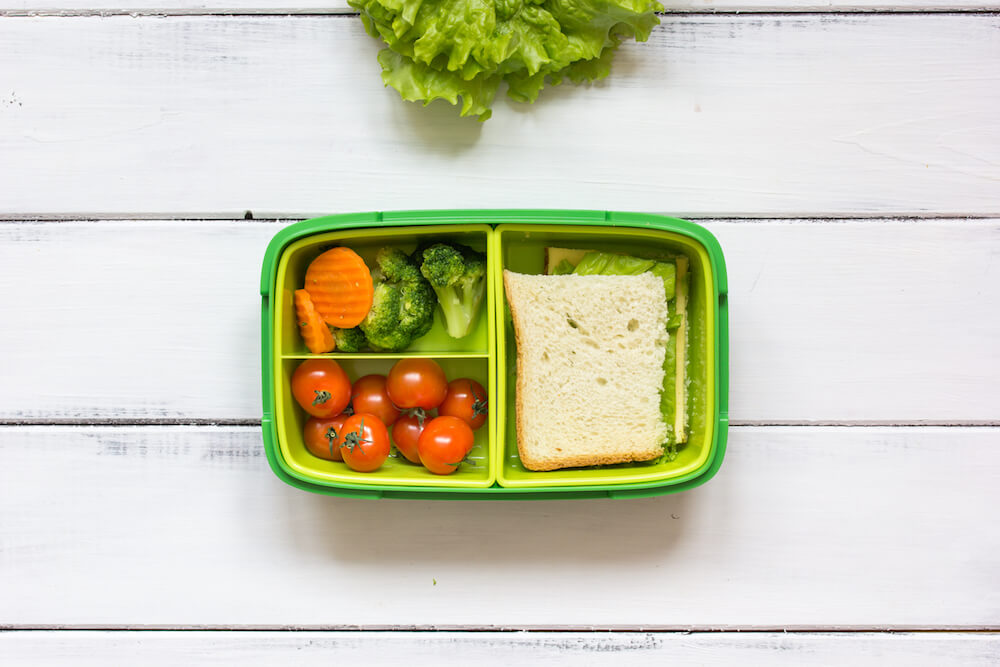Monday: Appt. Only
Tuesday: phone us
Wednesday: 8am - 4:30pm
Thursday: 8am - 4.30 pm
Other Days: Call Us

The start of the school year can be a happy mix of excitement and a few nerves, which many families negotiate with perhaps only a few minor hiccups. However, for some families starting school for the very first time or for children with additional needs, day one can bring some questions and fears.What can parents do to help make their child’s start to the school year a positive one? Here are a few ideas.

Practise routines - A dry run of some of the regular school routines can support your child’s confidence when it comes to the real event. For example, try sharing a packed lunch, practice opening the containers together, and even work together to determine an appropriate amount of food for snack and lunch time.
Drive or walk by - Even if you attended an orientation day last year, a visit can assist in refreshing your child’s memory of the school, in turn reducing first-day nerves. Keep the visit incidental and low key though; for example, just ‘happen’ to pass by on the way to the park for a play.
Play dates - If you know any families who will also be starting at your school, a play date beforehand is a valuable way to ensure your child has a familiar face or two on day one.

Pretend play - This is a powerful way to rehearse some of the social skills and events that can come up at school in a fun way. Keep it light, but allow space for your child to act out any concerns or fears. Should these arise, it’s important not to dismiss them or to overreact. Acknowledge your child’s expressed feelings, but also affirm and model coping skills to help them manage their feelings and the situation.
Conversations - Make sure you have given your child the information they need about what to expect in terms of drop off, pick up and likely daily routines so there are no big surprises. If you are anxious yourself, however, don’t have repeated conversations. These may instead give your child the message that there is something to worry about.
Contacting teachers -If the above ideas don’t feel like enough, or if there are specific concerns regarding toileting, health or social issues, it may be worth speaking to teaching staff. Most schools would prefer this to be done before day 1, so that they can give you enough time to discuss any concerns. This also allows teaching staff to focus on spending time with all of the children as they settle in to the new routine on the first day.
Organised and low key - Young children pick up on your emotions very easily, so being calm, on time and expressing confidence in their ability to manage their new role as a student can help the day get off to a good start. If your child expresses fears, acknowledge and listen but don’t dwell. Repeat the strategies you have previously practiced with your child and assure them that these feelings are normal and will pass. Some physical activity prior to arriving at school is a well-documented way of managing feelings such as anxiety, so walking or stopping by a park on the way is an added bonus if you are a little early. Once at school, support your child through morning routines as directed by the teacher. If possible, help them ‘meet’ a child who may be sitting nearby and find something to do if this suits the class’s routine. Be clear about when you are leaving and returning, and keep farewells warm but reasonably brief. If it feels this advice may require acting worthy of an academy award, make sure you have lined up a friend for a cuppa or walk after drop-off!

For most children, school will soon become a comfortable routine. If this isn’t the case, discussing strategies with your child’s teacher or seeking further support from an experienced child’s health professional may be an important step for your family.
As an Occupational Therapist with an interest in both adult and child occupational therapy services, I am committed to helping individuals and families develop the skills and coping strategies they need to overcome life’s everyday challenges. Whether it’s establishing a better routine for your child or learning how to support your child’s social and emotional development as a parent, I provide individualised assessments and strategies tailored to you and your family's individual needs. To find out more about my Perth occupational therapy services, book a consultation today.